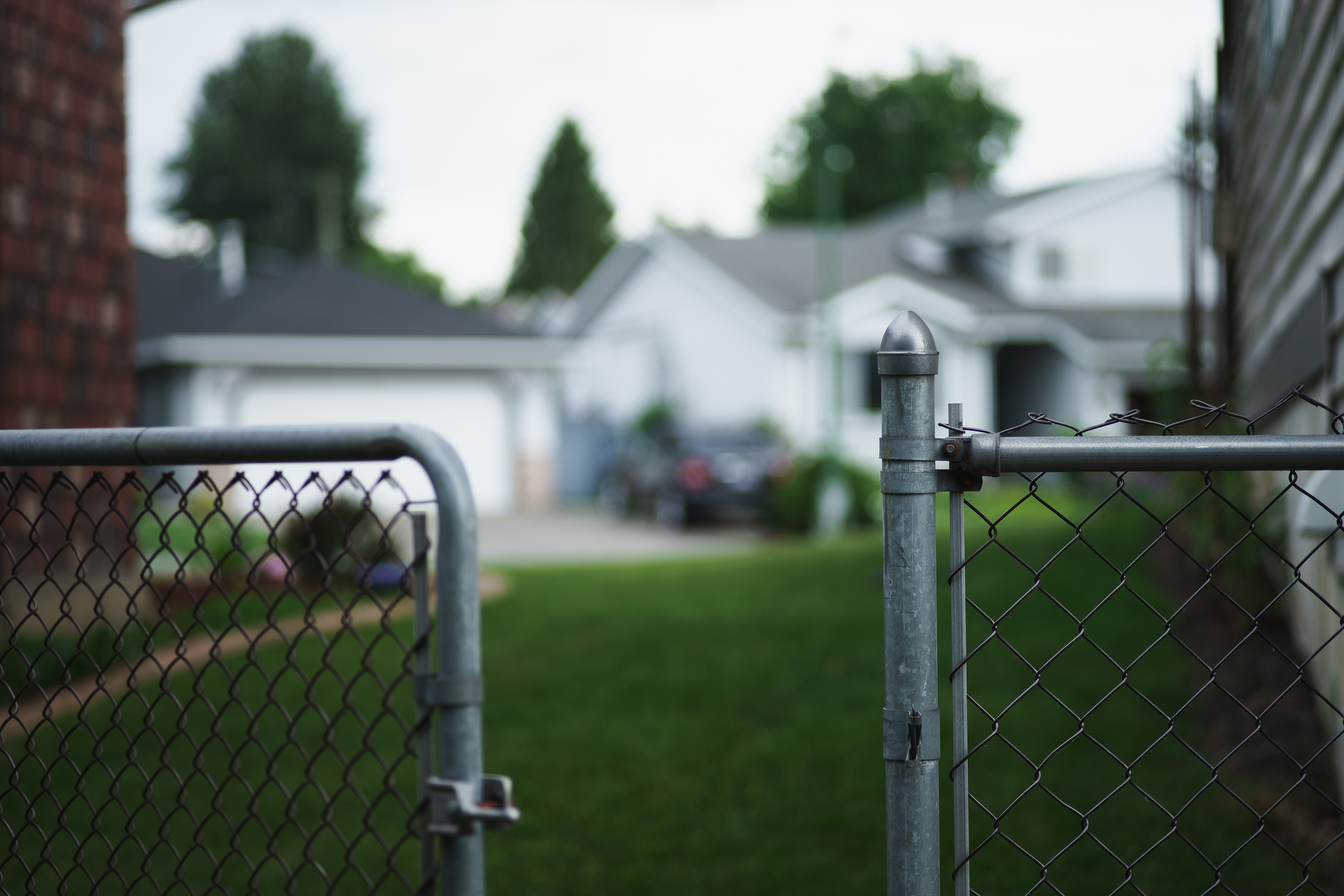

Home Purchase
Why Do Interest Rates Fluctuate?
Borrowing money isn’t free - interest is essentially the cost of borrowing money.
Lenders put a price on the rate of which you owe, and it usually depends on the supply and demand in the economy. If demand is low, lenders generally charge less for interest and when demand is high, they can charge the interest rate at a higher percentage.
During a recession, lenders typically put their loans “on sale” by dropping the rate since fewer people are looking for loans.
Whether you can afford to pay back a home loan and its interest should be a factor when looking to buy a house. Interest rate fluctuation is a topic you need to discuss with your loan officer. In good and bad times in the economy, the interest rate on your loan can affect your ability to continually make payments on your home.
When buying a home you need to compare loan options and the interest rates associated with each loan.
When you apply for a loan, your loan officer will give you a good faith estimate which will include your annual percentage rate (APR). According to the CFPB, the APR "is the cost you pay each year to borrow money, including fees, expressed as a percentage. The APR is a broader measure of the cost to you of borrowing money since it reflects not only the interest rate but also the fees that you have to pay to get the loan. The higher the APR, the more you’ll pay over the life of the loan."
If you are ready to begin your journey to homeownership and don’t know where to begin, talk to an expert in your area today.
Interested in getting pre-qualified? Get started here.

